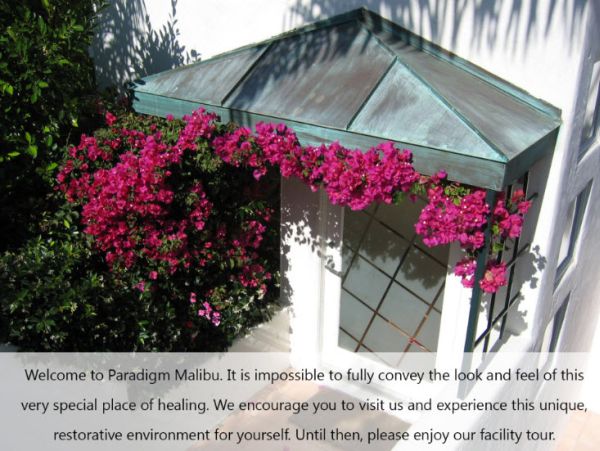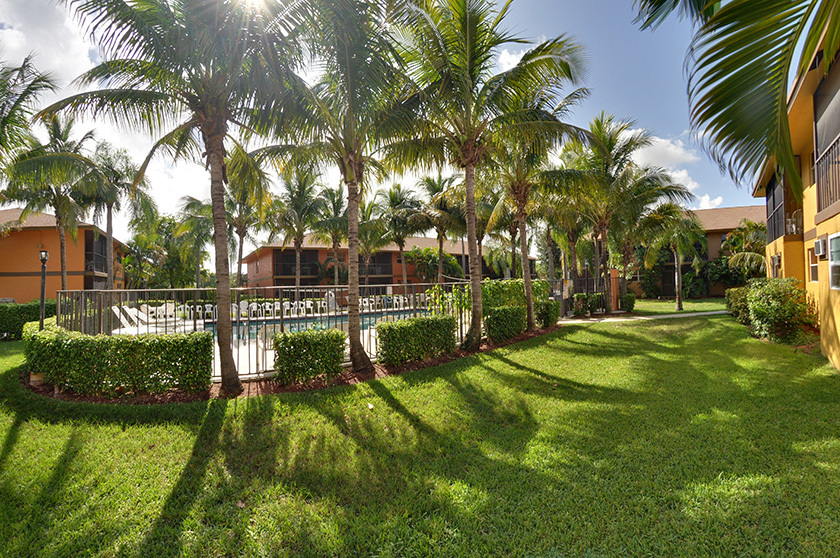Addiction Treatment for Women: Treatment Barriers, Recovery Roadblocks and the Plight to Get Sober
Addiction is a brain disease that affects people of all incomes, races, genders, and ethnicities. But, each person who experiences addiction feels it in a different way. However, categories of people often face a similar set of obstacles. Women, specifically, experience addiction and recovery in another way than men do. It is important to understand these obstacles as they so heavily impact a woman’s life and the course of her addiction.
There is no single form of addiction treatment that is effective for all people. Nonetheless, women who enter treatment that understands and addresses the factors that influence them and their progress are more likely to succeed. Rehab for women is best able to provide treatment for women because they specialize in the psychological, medical, and social realities of female addiction.
To learn more about the role women’s rehab can play in your recovery and continued sobriety, call 888-821-1257 Who Answers?. Our experts can walk you through a typical day in addiction treatment for women, direct you to appropriate treatment centers, and discuss financing with you. There is no reason to wait; call now.
Treatment Barriers
When a person acknowledges that they are unable to control their substance use, they frequently choose to seek professional addiction treatment. But, they still must face several barriers in locating and gaining access to treatment resources. Research has consistently demonstrated that gender plays a role in the number of barriers faced and their type and strength.
According to the National Institute on Alcohol Abuse and Alcoholism (NIAAA), women face the following impediments:
- Inability to finance treatment, due to limited financial resources
- Inability to attend regular treatment sessions because of obligations to children and family
- Lack of transportation to and from treatment
- Increased shame and embarrassment because of treatment attendance
- Increased likelihood of co-occurring mental disorder, which are generally more widespread and difficult among women
In addition to general obstacles faced by women, specific groups may face individual barriers. For example, Spanish speaking Latina women may have difficulty with language or cultural barriers. In comparison to younger women, older women may deal with doctors who don’t believe treatment will be effective and insurance carriers who deny them the coverage to pursue it.
A study of barrier to formal treatment among women, researchers identified the following barriers not addressed by the NIAAA:
- Lack of information about the range of addiction treatment options
- Supposed financial and time costs of residential treatment
- Worry over confrontational treatment models used in some rehabs
- Stereotypical views of patients in treatment
Recovery Roadblocks
When a woman gets treatment, these barriers and related issues don’t magically dissolve. They remain present. The internalized stigma of addiction, for instance, may decrease in early recovery only to reemerge in later, ongoing recovery. Each woman has major areas of treatment focus and issues fall into the background and into the foreground, pulling into one and returning to the other at intervals. During recovery, the issues in the foreground need to be immediately addressed without losing sight of the role background issues play.
Women in recovery often experience issues related to:

Many women in recovery are victims of sexual abuse.
- Their self-image
- Their culture, race, ethnicity
- Disability
- Attachment
- Relational violence
- Custody, parenting, child care
- Their support system
- Body image
- Sexual dysfunction
- Their sexual identity
- Sexual abuse
- Development of a life plan
- Creating spiritual connection
- Grief
- Meditation/prayer
As a woman escapes the constrictions and limitations of active addiction, she will notice reoccurring themes. Dealing with them will lead to higher levels of strength and self-awareness. This is the core of recovery: life-long growth with shifts in issues and focus.
Plight to Get Sober
Unfortunately, the model of addiction and its treatment remains male. In a gendered society, those things declared genderless are essentially male by default. Therefore, the claim that addiction isn’t gendered is false at its core. To ignore the gender is to skew male.
Rehab for women is key to attaining and maintaining sobriety because this form of treatment knows all about the issues and barriers female addicts face. The staff at a woman’s rehab is looking through a female lens, rather than using the male one. To benefit from this type of treatment, call 888-821-1257 Who Answers?. It’s time your rehab understood you.
Women’s Rehab Focusing on the Treatment of Addictions & Co-Occurring Disorders
Paradigm Malibu
Merriam Webster defines “Paradigm” as a theory or a group of ideas about how something should be done – a fitting definition for this unique, multifaceted treatment program for adolescents.
Details ›The Sundance Center
At this peaceful treatment center in upscale Scottsdale, residents learn how to enjoy all that life has to offer – without the assistance of drugs and alcohol.
Details ›Palm Partners Recovery Center
Palm Partners Treatment Center is one of America’s leading addiction treatment providers for drug alcohol detox treatment, drug rehab, alcohol rehabilitation and is staffed with highly trained addiction specialists. Palm Partners was founded in 1994 and was incorporated in Florida in the year 2003.
Details ›

















